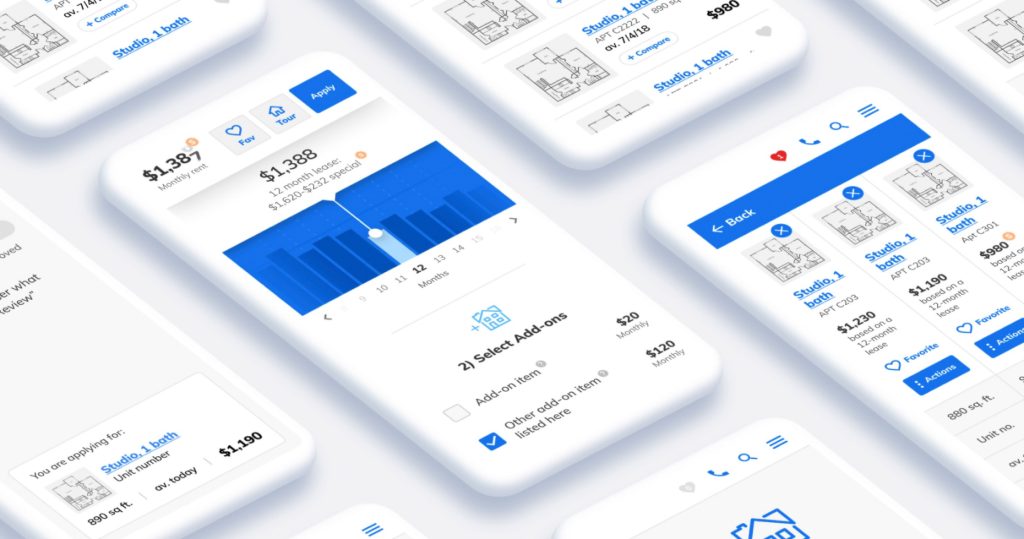How to Pick the Right Mobile App Development Platform from Roydano's blog
What is the finest app development platform for a mobile app is arguably the scariest issue for marketers and developers. The viability of your application will be based on the mobile app development platform you select. It can be difficult to decide between cross-platform and native mobile app platforms because they both have a robust set of functionality. Which platform—Android or iOS—should you start with? You may be interested in these queries.

By the year 2022, the mobile application development market is projected to grow by CARG 15% and reach 100 USD billion. Any business can remain competitive with mobile applications. By analyzing which platform is best for mobile application development, you can design a strong mobile application. When choosing the right platform, you should take into consideration the following.
Features:If you’re considering mobile app development platforms, start with the features. Think about what features your app needs, as well as your ideal user experience. Once you’ve narrowed down your options and compared them according to their capabilities, pick the one that meets your needs best. For example, if you want a custom app with a native look and feel, a solution like WP, iOS, or Android is right for you. However, if you’re after a more diverse app experience across different platforms, cross-platform mobile app development might be perfect.
Devices that Require Support: Almost 160 devices are supported by Android. Android struggles to increase the number, whereas Apple has a distinct strategy. Apple’s latest iOS version supports 15 devices, including iPods and iPads. As these two dominate the market, adapting an application for each gadget will prove challenging. When you move forward with cross-platform mobile app development, you must adapt it to all devices at the same time.
User Expectations:The expectations of users of applications on smartphones are very different. These expectations largely depend on the mobile app development platform and the app creator. In order to satisfy the users, you must take those expectations into account. A brand’s followers are loyal, but they expect the applications they use to be extremely usable and trendy. For example, Apple is known for its innovation and quality.
Target Audience:As a business, it’s important to know who your customers are. Research is vital in order to create the correct customer profile. In addition, focusing on geographic location criteria is essential for creating an app that gives you a competitive advantage. Platforms vary widely depending on the region. For instance, when you are thinking about Europe as your target audience, it’s important to note that most Europeans tend to choose android devices rather than iPhones. Conversely, Americans can use both platforms but this varies from country to country in Asia. Make sure to research such facts before choosing your mobile app development platform.
Development Cost:In this section, we will discuss development costs. Platform mobile app development may appear to be cost-effective since instead of paying many developers, you may hire one cross-platform engineer. Initially, you may be attracted to this option, but as you dig deeper, you will discover a different reality.
Now, let’s find out what hybrid apps are. Hybrid apps are web pages designed to work on multiple devices covered in native containers. They are able to access native features in the process. However, hybrid applications may fail when developing functions such as live video streaming or image processing. The integration of a few native features is impossible. Cross-platform costs less, and the output is also lower.

The Wall